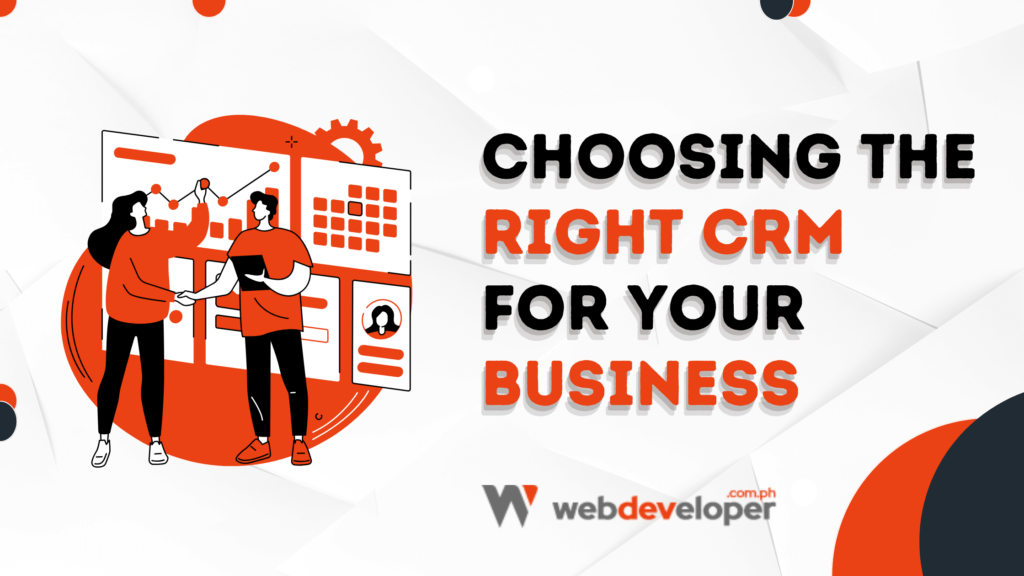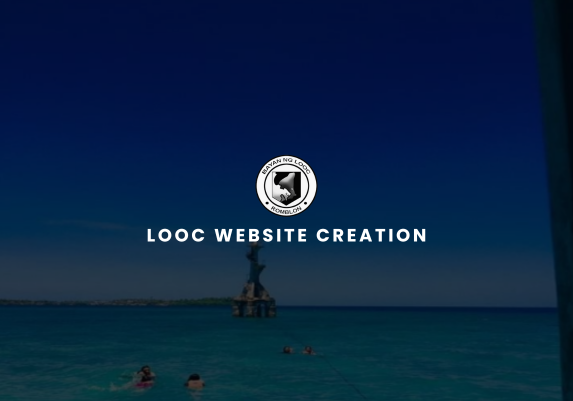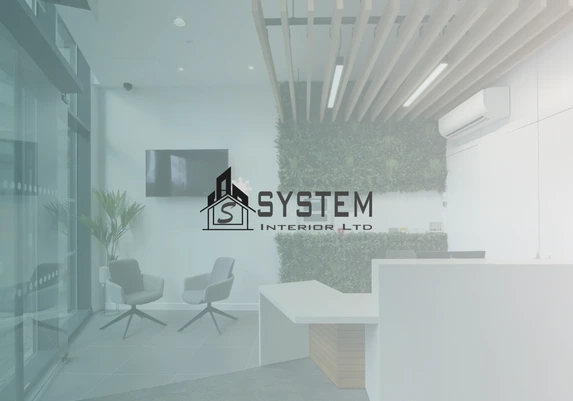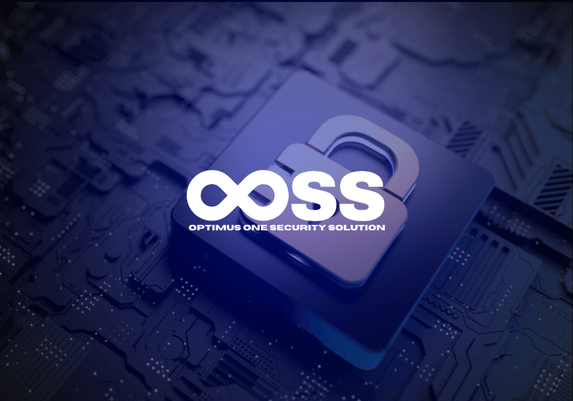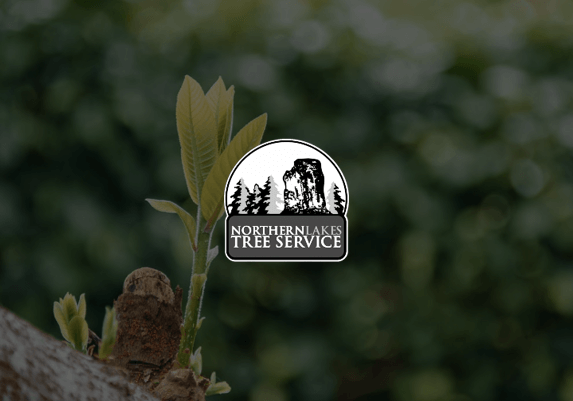Effective customer relationship management (CRM) is crucial for sustaining growth and enhancing customer satisfaction. This blog post aims to provide you with a thorough understanding of CRM systems, their significance and how to select the right one for your business needs.
What is a CRM?
A Customer Relationship Management (CRM) system is a technology solution that helps businesses manage interactions with current and potential customers. By consolidating customer information and communication history, CRMs streamline processes, foster relationships and improve customer retention.
Why is a CRM Important?
The importance of a CRM system lies in its ability to transform how businesses interact with customers. Here are some key benefits of using a CRM:
- Improved Customer Relationships: By tracking customer interactions and preferences, businesses can personalize their communications, leading to higher customer satisfaction.
- Increased Efficiency: Automating routine tasks and centralizing customer data can save time and enhance productivity.
- Better Data Analysis: CRMs provide insights into customer behavior and sales trends, enabling informed decision-making.
Key Factors to Consider When Choosing a CRM
Business Size and Needs
Understanding your business size and specific needs is essential when selecting a CRM:
- Small Businesses vs. Large Enterprises: Smaller businesses may require basic functionality, while larger enterprises might need more complex features.
- Specific Industry Requirements: Some industries have unique needs; ensure the CRM you choose caters to your specific sector.
Budget
Budget plays a crucial role in CRM selection:
- Free vs. Paid Options: While free CRMs may seem appealing, they often come with limitations. Paid options typically offer more features and better support.
- Cost-Benefit Analysis: Evaluate the potential return on investment based on improved efficiency and customer satisfaction.
Features and Functionality
Different CRMs offer varying features:
- Essential Features: Look for contact management, sales pipeline tracking, and marketing automation.
- Advanced Features: Consider additional functionalities like customer support tools, reporting capabilities, and analytics.
Ease of Use and User Interface
An intuitive design is vital for user adoption:
- User-Friendly Interface: A well-designed interface ensures that your team can easily navigate and utilize the system without extensive training.
Integration Capabilities
Integration with other tools can enhance CRM effectiveness:
- Integration with Other Tools: Ensure the CRM can connect seamlessly with your existing tools, such as email, calendars, and marketing platforms.
Customer Support and Training
Reliable support is key to successful CRM implementation:
- Availability of Support: Check for customer support options, such as chat, email, or phone support.
- Quality of Training Resources: Look for comprehensive training materials to help your team get up to speed quickly.
Popular CRM Options: A Comparison
CRM Option 1: HubSpot CRM
- Key Features and Benefits: Offers a free version with contact management, sales pipeline, and marketing automation.
- Pros and Cons: User-friendly; however, advanced features can be costly.
- Best Suited For: Small to medium-sized businesses seeking an easy-to-use solution.
CRM Option 2: Salesforce
- Key Features and Benefits: Highly customizable with advanced analytics and reporting tools.
- Pros and Cons: Powerful features but may be overwhelming for small businesses.
- Best Suited For: Large enterprises needing a robust CRM solution.
CRM Option 3: Zoho CRM
- Key Features and Benefits: Affordable with essential features and good automation capabilities.
- Pros and Cons: Excellent pricing; however, customer support can be slow.
- Best Suited For: Budget-conscious businesses that require basic CRM functionalities.
How to Choose the Right CRM for Your Business
Now, let us discuss how to choose the right CRM for your business.
Define Your Needs
Start by identifying your specific requirements and pain points. Consider what problems you aim to solve with a CRM.
Research and Compare
Investigate different CRMs based on factors like cost, features, and ease of use. Create a comparison chart to evaluate options effectively.
Trial and Error
Take advantage of free trials to test different CRMs. This hands-on experience will help you determine which solution is the best fit for your business.
Seek Expert Advice
Consult with CRM experts or IT consultants for insights and recommendations tailored to your specific needs.
Choosing the right CRM for your business is crucial for enhancing customer relationships and driving growth. By considering factors such as business size, budget, features and support, you can select a CRM that meets your needs!
